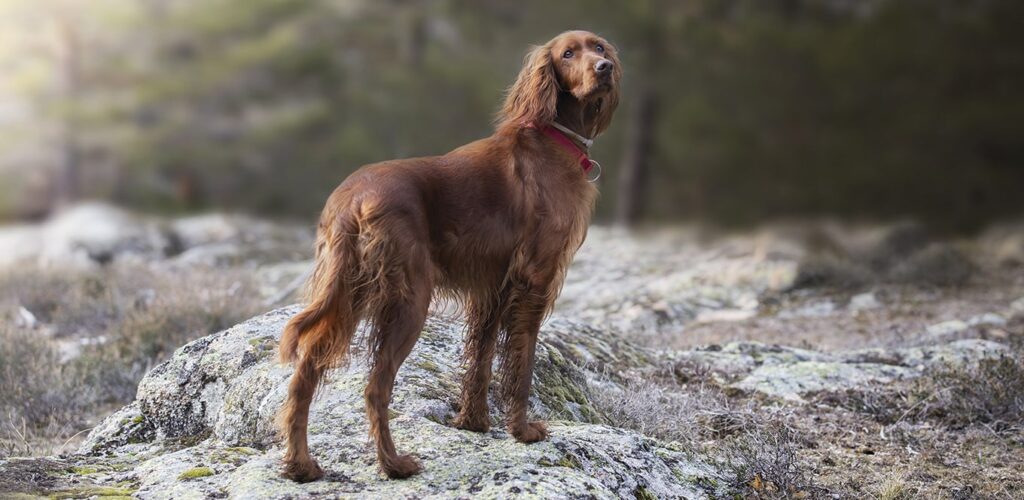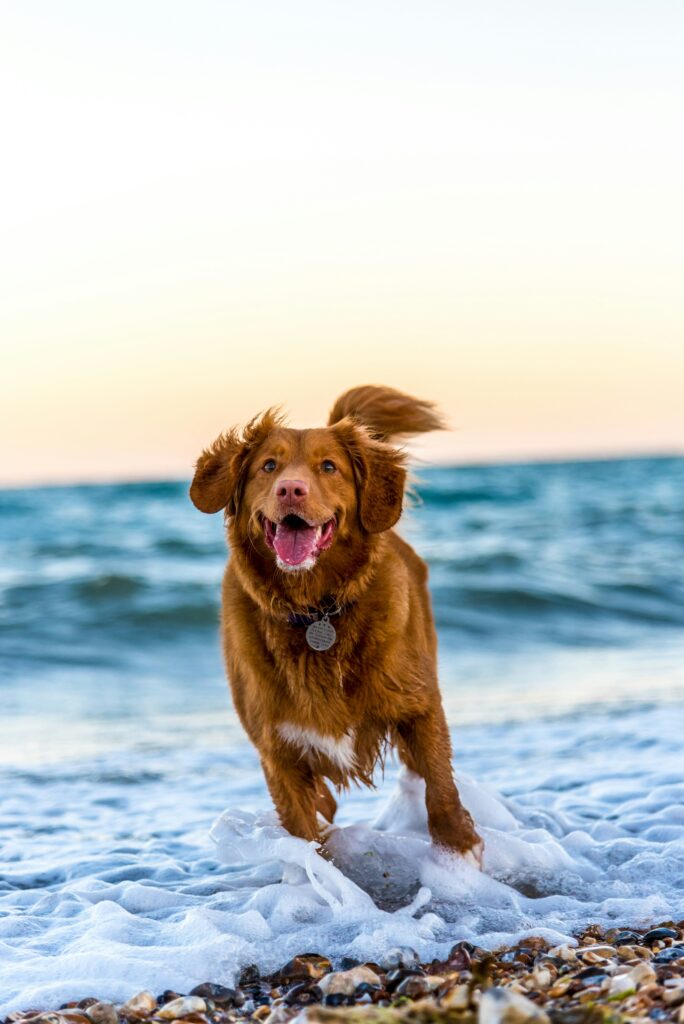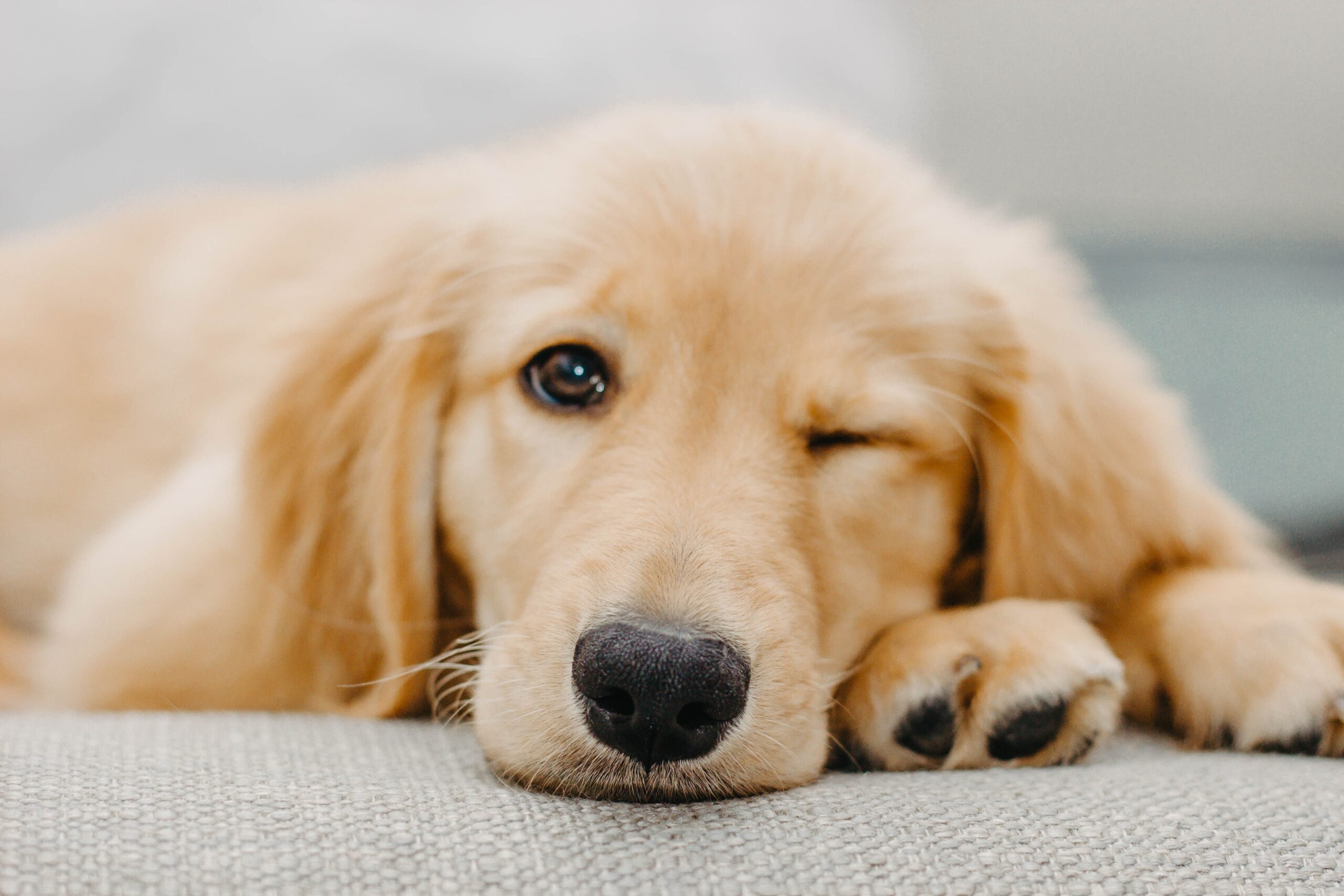Is your dog’s coat looking more like a brillo pad than a luxurious fur coat? Don’t worry, you’re not alone. A dull, lackluster dog coat can be a real downer for both you and your furry friend. But fear not, because we’re about to spill the beans on how to transform your dog into a coat-shining superstar!
Thank you for reading this post, don't forget to subscribe!
Understanding Your Dog’s Coat
Before we dive into the nitty-gritty of dog coat care, let’s talk about your dog’s unique coat type. Just like humans, dogs come in all shapes and sizes, and their dog coats are no different. Some pups have short, sleek fur, while others sport long, flowing locks. Therefore, understanding your dog’s specific coat type is the first step to giving it the TLC it deserves.
- Short-haired dogs: These pups are typically easy to care for, but they still need regular brushing to remove dead hair and distribute natural oils.
- Long-haired dogs: Think poodles, Afghan hounds, and the like. Their dog coats require more attention, including regular brushing, combing, and potential professional grooming.
- Curly-haired dogs: Curly dog coats can be prone to matting, so frequent brushing and detangling are essential.
Remember, even if your dog has a short coat, regular grooming is still important for maintaining skin health and preventing matting.
Fuel Your Dog’s Inner Glow: Nutrition for a Healthy Dog Coat
You’ve probably heard the saying, “You are what you eat.” Well, it’s true for your dog’s coat too! A healthy diet is the foundation for a shiny, lustrous dog coat.
- Omega-3 fatty acids: These are like liquid gold for your dog’s skin and coat. They help to reduce inflammation, hydrate the skin, and promote a healthy dog coat. You can find omega-3s in fatty fish like salmon, flaxseed oil, and chia seeds.
- Biotin: This vitamin is essential for healthy skin and dog coat growth. It helps to strengthen hair follicles and reduce shedding.
- Zinc: Another important mineral for skin health, zinc helps with cell turnover and repair.
While you can supplement your dog’s diet with vitamins and minerals, it’s always best to consult with your vet first. They can recommend the right supplements based on your dog’s specific needs and requirements.
Bath Time Bliss: Keeping Your Dog Coat Clean
Bath time isn’t everyone’s favorite, but it’s an essential part of dog coat care. How often you should bathe your dog depends on their coat type, lifestyle, and overall cleanliness. Over-bathing can strip the skin of natural oils, leading to dryness and irritation.
- Choose the right shampoo: Always look for a gentle, pH-balanced shampoo specifically formulated for dogs. Avoid human shampoo, as it can disrupt your dog’s skin’s natural balance.
- Conditioner is key: A good conditioner helps to hydrate and detangle your dog’s coat, leaving it soft and shiny.
- Rinse thoroughly: Make sure to rinse away all shampoo and conditioner residue, as leftover soap can irritate your dog’s skin.

Beyond the Bath: Daily Dog Coat Care
Bathing is important, but it’s only one part of the equation. Daily care is essential for maintaining a healthy dog coat.
- Brushing: Regular brushing helps to remove dead hair, distribute natural oils, and prevent matting. Moreover, it also helps to stimulate blood circulation to the skin.
- Nail trimming: Keeping your dog’s nails trimmed prevents discomfort and can help prevent slipping and accidents.
- Ear cleaning: Regular ear cleaning helps to prevent infections and build-up of wax.
- Dental hygiene: Good dental care is important for overall health, including skin and coat health.
Hydrate and Protect Your Dog’s Coat: The Outside World
Just like humans, dogs need to stay hydrated to maintain healthy skin and coat. Encourage your dog to drink plenty of fresh water, especially during hot weather or after exercise.
Protecting your dog’s coat from the elements is also crucial. If you live in a sunny climate, use a pet-safe sunscreen on exposed areas. In cold weather, consider a coat or sweater to protect their skin from harsh winds and cold temperatures.
Watch Out for Trouble: Common Dog Coat Problems
Even with the best care, your dog may experience skin problems from time to time. Common issues include allergies, hot spots, and infections.
- Allergies: Allergies can cause itching, redness, and skin irritation. Common allergens include pollen, dust mites, and food.
- Hot spots: These are inflamed, moist areas on the skin that can be very itchy and painful. They often occur in areas that are prone to licking or chewing.
- Infections: Bacterial and fungal infections can affect the skin and coat. Symptoms include redness, itching, and scaling.
If you notice any signs of skin problems, it’s important to consult with your vet for proper diagnosis and treatment.
Nature’s Remedy: DIY Dog Coat Care
There are several natural remedies that can help improve your dog’s skin and coat health.
- Coconut oil: Coconut oil has antibacterial and antifungal properties, and it can help to hydrate the skin and coat. You can apply it topically or add it to your dog’s food.
- Apple cider vinegar: Apple cider vinegar has anti-inflammatory properties and can help to soothe itchy skin. You can add a small amount to your dog’s drinking water or use it as a rinse after bathing.
- Aloe vera: Aloe vera is known for its soothing and healing properties. You can apply aloe vera gel to minor skin irritations.
Always test any new product on a small area of your dog’s skin before applying it more widely. Remember, a shiny dog coat is a sign of a healthy dog. By following these tips and paying attention to your dog’s overall well-being, you can help your furry friend look and feel their best.

